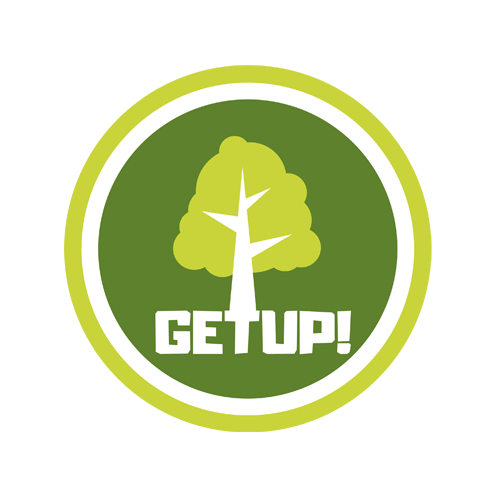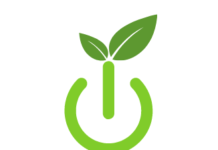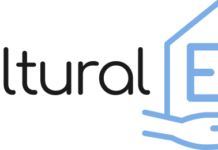GET UP!
Gamification as an Educational Tool for Upper schools on Parks and environment
Programme and call for proposals
Erasmus +, KA2 (Cooperation for Innovation and Exchange of Good Practices, Strategic Partnerships for Digital Education Readiness) – extra call for proposals 2020 in response to Covid-19
Active project
Brief description
The project aims to support students and teachers in upper secondary schools in acquiring and developing basic skills and key competences related to biodiversity protection, sustainability and environmental issues, through the collective design of a video game simulating the management of a nature park, contributing to digital education.
InEuropa srl is partner.
Objectives
• to increase the competence and awareness on environmental issues in upper secondary school students, who are about to enter the world of work, by stimulating their interest in this topic (by improving their knowledge of problems and issues related to nature conservation and, consequently, to local and global environmental challenges) using the language and modalities of the new media;
- to increase the skills of upper secondary school students in problem solving, ICT use and digital literacy, through the use of gamification in school education, applied to environmental lessons;
- to encourage open and innovative education with an emphasis on digital tools applied to a specific topic (functioning of natural parks, protection of biodiversity and sustainable development), which represents a significant social and educational value of European cultural heritage, with strong connections to the creation of future new jobs.
Activities
The Nature Parks that will be involved in the educational project are:
- Regional Park Cento Laghi – Italy
- Regional Park Sierra de Espadà – Spain
- National Park Snæfellsjökull – Iceland
- Little Carpathian Protected Landscape – Slovakia
The main project activities are:
- Collection of information (boundaries, different degree of conservation areas, adjacent urban centres, roads, hiking trails, forest cover, protected flora and fauna present, etc.) by the 4 parks involved, for the development of the content of the educational video game;
- Development of a video game as a digital educational tool in English, which will simulate the challenges that a nature park authority has to face in its daily work. It will also contain narrative parts, be organised in levels and contain other elements such as characters, scenarios, educational challenges related to the management of protected natural areas, etc;
- Promotion of the video game as an educational gamification tool, by drafting a storyboard of the activity and relating the different phases and parts of the game to different aspects of gamification theory and practice;
- Training activities for high school teachers on gamification and digital tools;
- Training activities for project staff on the creation of the video game;
- Field visit and experimental application of the new educational method for students;
- Dissemination events in Italy, Iceland, Spain and Poland.
Results
The main expected results are:
- Increase of secondary school students’ skills on environmental issues, biodiversity conservation, sustainable development, learning more directly about the complexity of a relevant element of European cultural heritage such as natural parks, through the use of a video game, achieving the goal of combining open education and innovative practices in the digital age.
- Increase of teachers’ competences towards new educational methods related to gamification and the use of digital tools for teaching, together with a deeper involvement in environmental and nature protection issues, achieving the result of strengthening the profile of teaching professions.
- Strengthening the professionalism of other stakeholders, such as nature parks and environmental educators, and evaluating new tools in the digital age for the promotion of cultural heritage in education.
Lead partner
Fundación de la Comunitat Valenciana para una Economía Baja en Carbón – ES
Partnership
The partnership consists of 7 actors from 5 different countries:
- Gymnazium Karola Stura – SK
- InEuropa srl – IT
- INSTITUTO DE EDUCACIÓN SECUNDARIA BOTÀNIC CAVANILLES – ES
- eco&eco Economia e Ecologia srl – IT
- Environmental Agency of Iceland – ISL
- DANMAR COMPUTERS SP ZOO – PL
- Ente di Gestione per i Parchi e la Biodiversità Emilia Occidentale – IT
Duration
The project has a duration of 24 months (1 May 2021 – 30 April 2023)
Website
In progress
Total budget
The EU grant received is € 163.139,00
Funding body
European Commission – Erasmus + National Agency ES01




